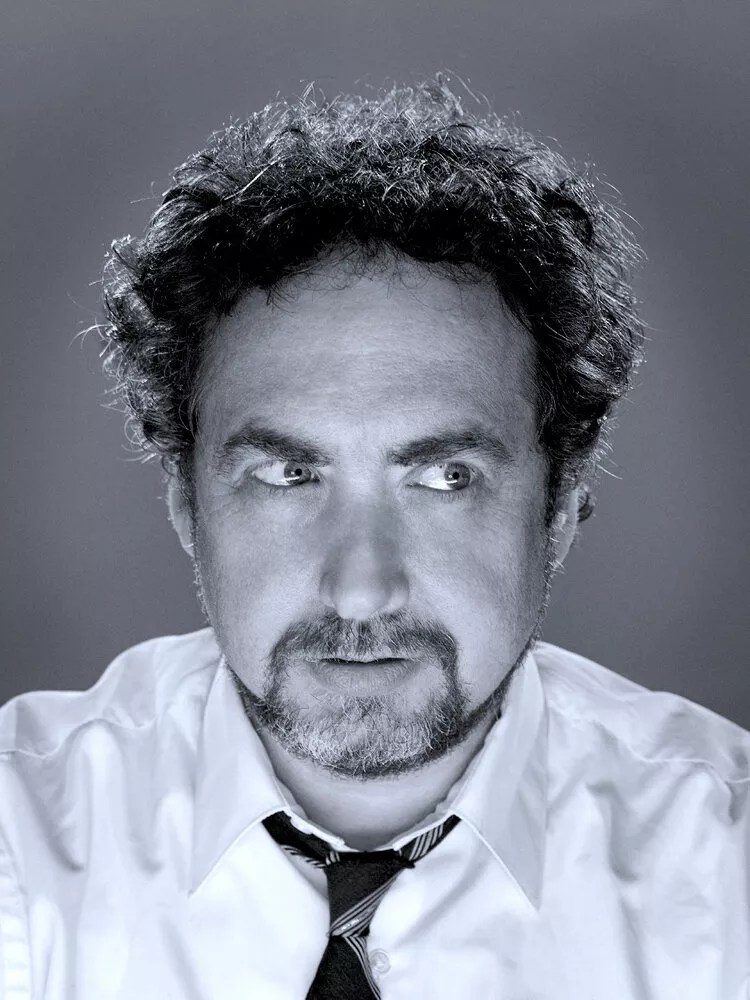
Magnolia Pictures photo

Audio By Carbonatix
Have you ever thought about whether the world is real? What if everything you touch, see, and even everyone you know, is an illusion? Well, you’re not alone.
Simulation theory, the idea that we are living in a constructed, digital reality, has become a big deal. In fiction, the idea has existed at least since the 1970s, when stories by Philip K. Dick and films by Rainer Werner Fassbinder explored characters living in falsified realities. When Lana and Lily Wachowski created their 2000 sci-fi action film The Matrix, they imagined that humanity was trapped in a giant computer simulation, with the majority harvested for electricity by the evil Machines and a small minority fighting to free them. However, they probably didn’t think that people would take them at their word.
Screening this weekend at the Bill Cosford Cinema in Coral Gables, A Glitch in the Matrix by Miami-raised, Los Angeles-based documentary filmmaker Rodney Ascher explores the strange idea of simulation theory and, in particular, those that believe it wholeheartedly. A veteran of the city’s alternative culture scene who hung out at spots like the Kitchen Club and Churchill’s Pub, the director, whose previous films have explored sleep paralysis (The Nightmare) and conspiracy theories around Kubrick’s The Shining (Room 237), drew inspiration from his psychology studies at the University of Miami.
“In psychology, I always found the case studies most interesting,” says Ascher, who sees the theory primarily as a vehicle for his storytelling. “What I was most interested in [for the film] were the case studies, talking with people who deeply suspect the world wasn’t real, and how and why they came to that.”

Director Rodney Ascher
Photo by Joseph Cultice
The director sourced these “case studies” by posting a Google Form online to solicit stories. Out of around 100 responses, he interviewed 20 people, and only four made it into the final film. He says he prioritized the vividness and conviction of the story rather than any verifiable, factual event.
“If you’re talking about what someone believes, fact-checking is a difficult process,” he says. “For me, people having skin in the game, having an emotional connection to what they were telling, is more important than a lot of things.”
Most of Ascher’s interviewees are male computer nerds – “in the responses to us online, 95 percent of them were men,” the director says – who, through their own personal experiences, have come to believe in simulation theory. Some would notice strange coincidences in their daily lives: things that shouldn’t happen more than once in a blue moon reoccurring again and again – “glitches,” to use the term from the Wachowskis movie. Others heard celebrity “intellectuals” like Elon Musk talk about the theory and decided to delve into it themselves. One subject describes an experience in a sensory deprivation tank that leads him to think he’s living in a virtual reality. Another survived a major car accident and concluded his survival was proof that his life is a simulation.
“He just sort of reasoned his way into thinking it,” Ascher says.
Ascher’s pop-psychology style visualizes the very intellectual, potentially boring subject well, using movie clips, video game captures, and VR renders to vividly capture the implications of simulation theory. The director costumes his civilian subjects in fanciful digital avatars to protect their identities and better visualize their stories. He delves into global religious and philosophical beliefs about other worlds. He also speaks to experts on the theory, such as Nick Bostrum, the Oxford professor whose influential hypothesis popularized the theory among people of influence, and Erik Davis, a scholar of Philip K. Dick who studied the author’s belief that his life was simulated.

A Glitch in the Matrix explores simulation theory.
Magnolia Pictures photo
That said, the question of whether the theory is true might be best left as secondary to the viewing experience of A Glitch in the Matrix, especially since Ascher’s interview subjects, beyond the talking heads, aren’t exactly credible. Most of the believers seem to be socially isolated, some discussing significant periods spent alone. Even the more famous cases aren’t exactly mentally sound. Philip K. Dick’s struggles with drug abuse and mental illness, for instance, were well documented. And we all know now that Elon Musk is not as smart as he seems.
“Everybody I talked to had a series of existential crises on the path there, and there are certainly overlaps, but none of them are the same,” Ascher says.
What about the director himself? Does he believe we live in a simulation?
“I have no idea,” he says, “but I think a bigger question might be how that would change day-to-day life. What would you do differently if you thought it was?”
A Glitch in the Matrix screens for free at Bill Cosford Cinema at 7 p.m. on Saturday, April 1, presented by Ascher himself. A Q&A session with the director will follow the screening.
A Glitch in the Matrix. With Rodney Ascher. 7 p.m. Saturday, April 1, at Cosford Cinema, 5030 Brunson Dr., Coral Gables; 305-284-4627; cosfordcinema.com. Admission is free with RSVP via events.miami.edu.